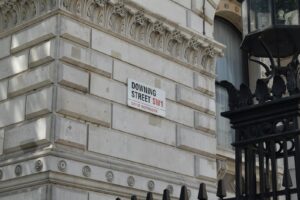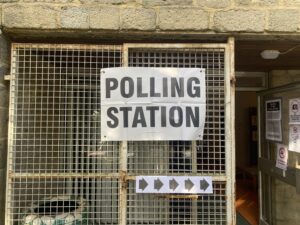Finance experts warn councils over commercial properties
 The Chartered Institute of Public Finance and Accountancy (CIPFA) has warned councils about borrowing too much money to invest in shopping centres and commercial buildings.
The Chartered Institute of Public Finance and Accountancy (CIPFA) has warned councils about borrowing too much money to invest in shopping centres and commercial buildings.
In a joint statement, CIPFA chief executive Rob Whiteman and the chair of the CIPFA Treasury and Capital Management Panel, Richard Paver, said local authorities should ‘avoid exposing public funds to unnecessary or unquantified risk’.
The statement follows a series of high profile purchases by councils around the country, who are seeking to create new sources of revenue as the amount they receive from central government continues to fall.
The statement reminds councils the both CIPFAs Prudential Code and the Statutory Guidance on Local Government Investments (3rd Edition) (Statutory Investment Guidance) issued by the Ministry for Housing, Communities and Local Government are very clear that local authorities ‘must not borrow more than or in advance of their needs purely in order to profit from the investment of the extra sums borrowed’.
CIPFA’s guidance also warned councils against becoming dependent on commercial income and taking on debt to finance commercial investments.
‘CIPFA considers that where the scale of commercial investments including property are not proportionate to the resources of the authority, that this is unlikely to be consistent with the requirements of the Prudential Code and the Treasury Management Code,’ the statement adds.
The statement adds that CIPFA is also planning to issue more guidance in the future that ‘will make it clear that these investment approaches are not consistent with the requirements of fiscal sustainability, prudence and affordability’.
In June, Bolton Council bought the Crompton Place shopping centre for £14.8m to help kickstart its town centre regeneration masterplan.
And in August, North Somerset Council joined forces with Legal and General to buy the Sovereign Shopping Centre in Weston-super-Mare.
The purchase was part of the council’s commercial investment strategy and the local authority believes it will generate an income of £1m a year which will be put back into vital local public services.
















